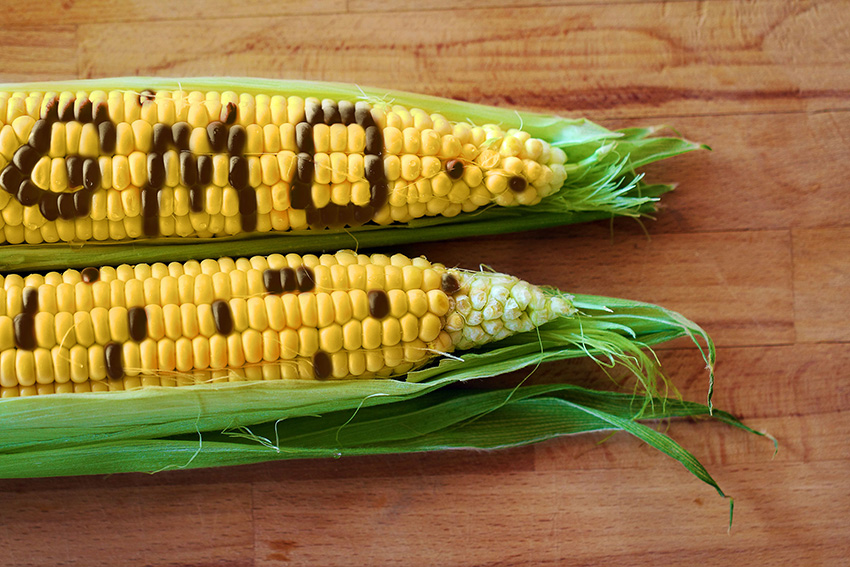Spain’s GM corn cultivation is in sharp decline

Published: August 12, 2024
Category: GMO News
Despite a robust debut in the mid-1990s, and two decades of strong adoption, the last ten years have seen stagnation and moderate growth of GMOs globally.
Genetically modified crop acres grew by 1.9% in 2023 compared to 2022, totaling around 510 million acres. Twenty-three countries grow the common GMO varieties, bred for resistance to lepidopteran and coleopteran insects.
Only one GMO variety—the corn MON810—has been commercially cultivated in the EU. The last decade has seen a nearly constant acreage decline in Spain and Portugal for MON810. In 2013, GM corn was grown on 345,853 acres; by 2022, it was only 167,093. In 2023, the total acres were only 114,476.
The GMO seeds “are more expensive than similar traditional ones and, in some cases, do not achieve as positive results—against the pest—as promised by their manufacturers,” said Carles Vicente, a Catalonia union organizer. Farmers have adapted planting periods and growing methods to combat pests without buying the GM seed.
According to Luis Ferreirim of Greenpeace Spain, the drop in acreage is due to “false promises” of high yields from expensive seed and negative public response to GMOs. “Current figures indicate that [instead of growing] it is …on the path to disappearance. I estimate that by 2030, this variety will no longer be cultivated in Spain.”
Globally, growth of GM crops is slowing—even the U.S., the largest grower worldwide, had a 0.4% decrease in 2023.
Source: La Vanguardia
To view source article, visit:
Organic & Non-GMO Insights August 2024




